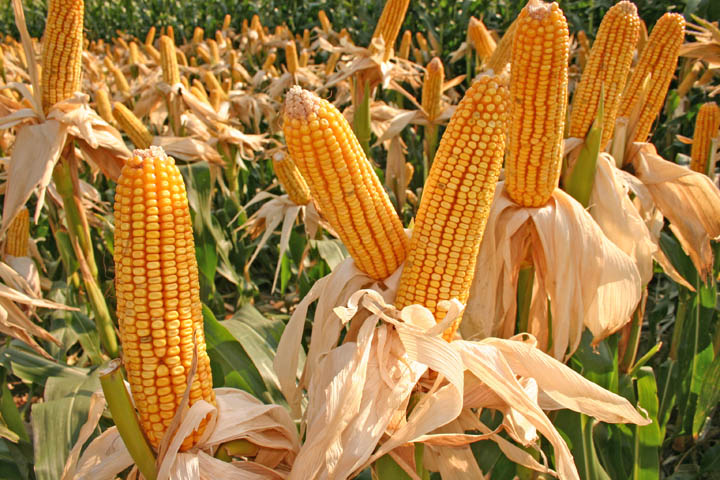
Recent research may lead to a variety of corn that is highly resistant to corn smut caused by the fungus Ustilago maydis. With no genetic resistance to this fungal infection, smut fungi are agents of disease responsible for significant crop losses worldwide; this research gives a path to find a resistance to the infection.
March 17, 2011

The National Corn Growers Association funded research recently released by The Danforth Plant Science Center that may lead to a variety of corn that is highly resistant to corn smut caused by the fungus Ustilago maydis. With no genetic resistance to this fungal infection, smut fungi are agents of disease responsible for significant crop losses worldwide; this research gives a path to find a resistance to the infection.
The results of this research, which was conducted by principal investigator Dr. Thomas Smith and research associate Dr. Dilip Shah, are published in the Plant Biotechnology Journal.
Corn is the most economically important crop in the United States, and American corn farmers planted nearly 90 million acres, generating nearly $50 billion in 2010. In addition to food and feed, the current emphasis on biofuels has elevated the importance of corn in U.S. agriculture in recent years.
Corn smut is an airborne fungus found most frequently on ears, tassels and nodes. Sweet corn is more susceptible to corn smut than is seed corn, with annual losses often as high as 20 percent in the United States, where corn smut is responsible for approximately $1 billion in crop losses annually overall.
Prior to the Danforth Center discovery, there were no corn varieties that were naturally immune to Ustilago maydis. Several methods to control the disease have been recommended including, crop rotation, sanitation, seed treatments, application of fungicides and modification of fertility and biological controls. Drs. Smith and Shah explored an alternative approach using a naturally found killer protein, KP4, made by a virus that lives in one specific strain of corn smut.
Toxicity studies have shown that the KP4 proteins are safe for humans and animals to consume. Smith and Shah will continue to explore KP4 and other antifungal proteins ability to control other pathogenic fungi.
"Applying our control method could significantly reduce annual losses caused by corn smut and other fungi," said Smith. "Plants often require a number of genes to only partially protect the plant from a particular fungal infection, making it difficult to use traditional breeding methods to develop resistant lines. Here we have shown that a single gene that can lend extremely robust protection, giving us hope that there are other similar and effective solutions to be found in nature."
You May Also Like



